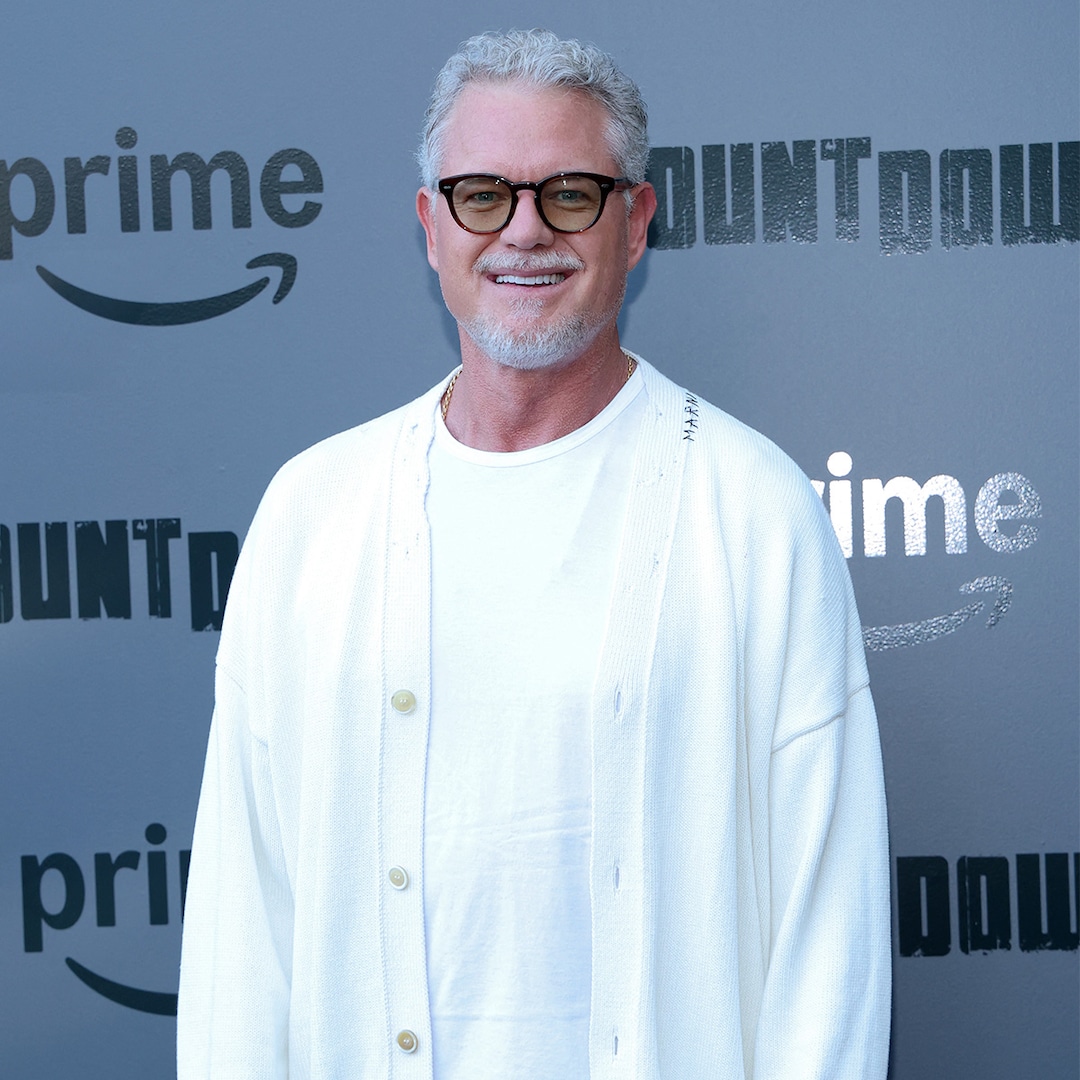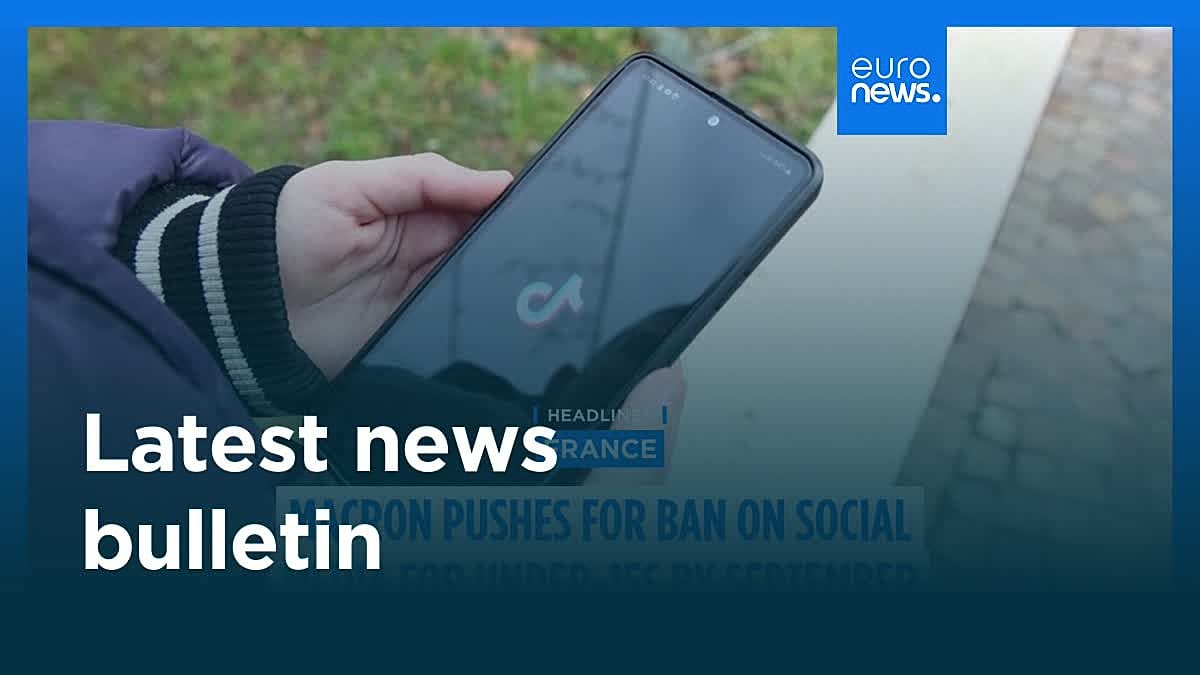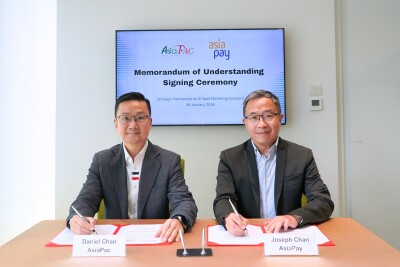Lessons from a €50 million Series B: And why it matters at every startup funding stage

Before a single slide appears, before your neatly rehearsed opening line, a decision is already forming in the investor’s mind.
Over the last few years, I’ve worked closely with several early-stage startups as they prepared for investor conversations, including one that successfully closed a €50 million Series B round. I’ve also helped other teams get through their first proper due diligence process, the kind where the questions go beyond the pitch and deep into what’s not in the deck.
What I learned: Most investors make their initial judgment long before you get to the graphs and roadmap. They’re not just scanning your numbers. They’re assessing your grip. Here are five things experienced investors clock almost instantly, often before you even realise you’re being evaluated:
1. Are you grounded or just glossy?
It’s obvious when a founder’s confidence stems from genuine engagement with their product, team, and timeline, as opposed to someone presenting the best version of the story.
Polish is fine. But if your tone feels too pre-packaged, too rehearsed, or too defensive when challenged, that will raise subtle alarms. And when you make it to Series B, you’re not selling a dream. You’re proving you know what it takes to survive reality.
2. Do you understand your operational fragilities?
In one MedTech company I supported, we had solid growth and genuinely compelling tech. But during the funding process, a sharp investor homed in on one detail we’d already been tracking internally: our post-market compliance timelines. They weren’t necessarily wrong, but they were tight. That single question sparked a much broader conversation about team bandwidth, operational realism, and whether our regulatory roadmap had enough breathing room.
In sectors like FoodTech and MedTech, where market access is closely tied to compliance, these kinds of assumptions can quietly undermine your credibility. A good investor doesn’t mind risk, but they hate surprises. Show them you’ve already mapped your pressure points and that you’ve started building around them early.
3. Do you know who your product is really for and how they buy?
At early stages, founders often pitch to users who want their product. By Series B, the question is whether you understand the buyer, the procurement pathway, and the timeline to revenue.
In regulated industries, this means knowing not just your end user but also your gatekeepers: health insurers, clinical champions, retail chains, and regulators. If you can’t explain your go-to-market mechanics, you’re signalling a shallow understanding of your own field.
4. Is your deck aligned with your decision-making?
It’s common to present a deck that paints a smooth arc from MVP to scale. But if, under questioning, your answers betray hesitation or reveal decisions that contradict the roadmap, investors will notice.
One founder I worked with got caught out when they couldn’t explain why their timeline had shifted internally. It wasn’t the delay that killed confidence. It was the disconnect between the pitch and the reality of their process.
Remember: Consistency builds credibility.
5. Can you admit what you don’t know?
It’s counterintuitive, but true: confident founders can say “I don’t know” when necessary. They don’t flinch when asked a hard question. They show they’re still learning, and they’ve built a team that complements their gaps.
Investors aren’t looking for perfection. They’re looking for people who can handle pressure, adapt fast, and stay honest. If you’re overly certain about everything, it suggests you haven’t gone far enough to uncover the unknowns.
Final thought: The invisible pitch is the real one.
Your slide deck matters. Your story matters. But long before that, you’re already being evaluated on how you think, how you handle ambiguity, and how well you’ve pressure-tested your own assumptions.
For founders in high-stakes sectors like FoodTech and MedTech, where the regulatory burden is real and timelines are unforgiving, this awareness isn’t just helpful. It’s fundamental.
So before you perfect the pitch, ask yourself: What would I clock in me if I were on the other side of the table?
The post Lessons from a €50 million Series B: And why it matters at every startup funding stage appeared first on EU-Startups.














































